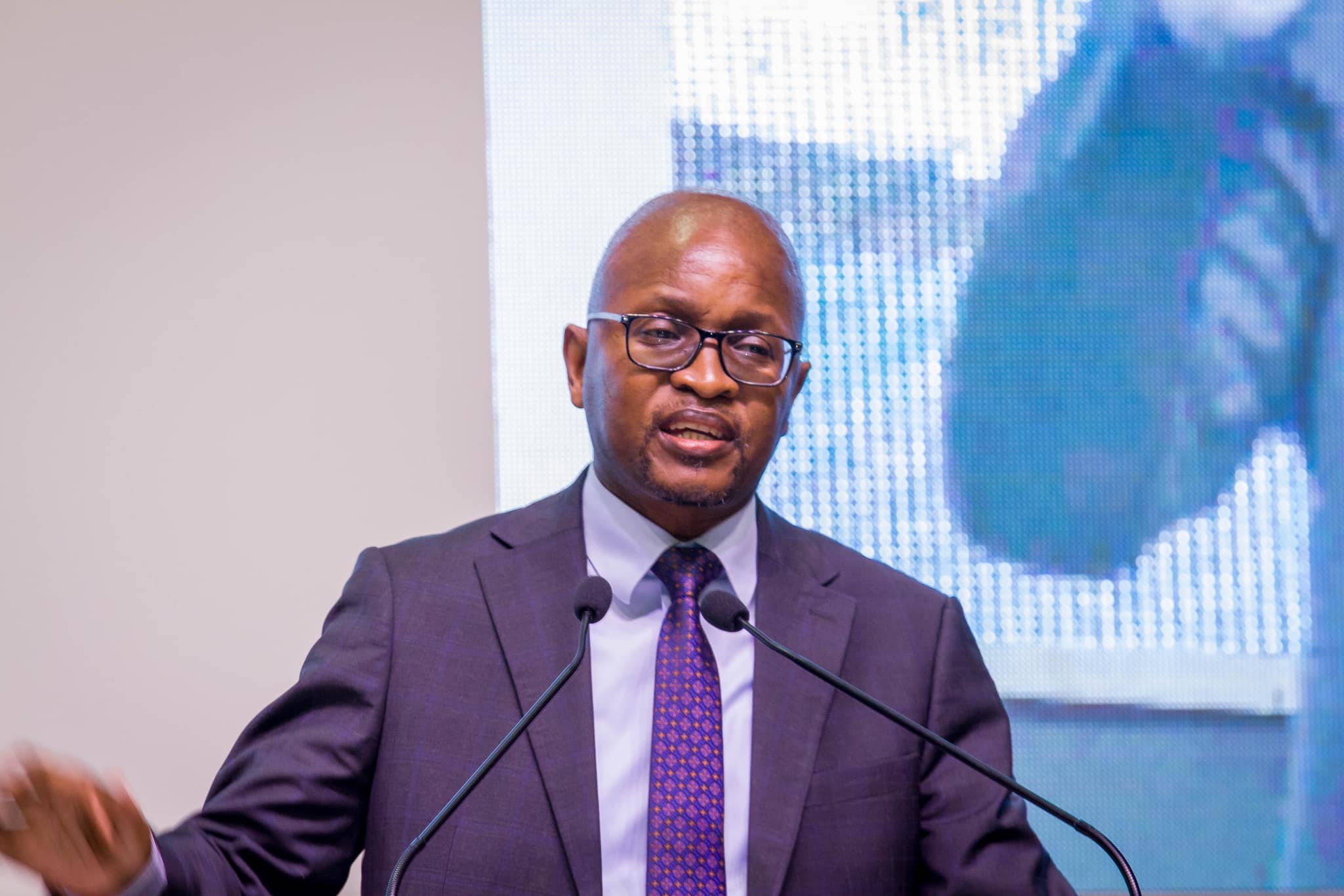In recent Facebook posts, Setlhomo Raymond Tshwanelang, an outspoken critic, has made several serious corruption allegations against Thabo Thamane, the CEO of the Botswana Export Development and Investment Authority (CEDA). According to Tshwanelang’s claims, Thamane has abused his position for personal gain, overseeing what he describes as a corrupt financial scheme that exploits government resources meant for the people of Botswana.
The allegations raise significant concerns about the ethical and legal conduct within CEDA, a key parastatal meant to promote economic development. Here’s a breakdown of some of the key allegations and issues surrounding Thabo Thamane’s leadership, based on Tshwanelang’s posts:
1. Exorbitant Salary and Benefits
Tshwanelang claims that Thamane’s salary package is disproportionately high, especially when compared to the salaries of key political figures in Botswana. He states that Thamane earns around P450,000 a month, which includes a basic salary of P200,000, in addition to two credit cards with limits of P100,000 and P150,000. Thamane’s monthly pay is said to exceed the combined salaries of the President, Vice President, Speaker, and Leader of Opposition (LOO).
2. Excessive Personal Spending
In a claim that has raised eyebrows, Tshwanelang alleges that Thamane recently purchased a new white Toyota Land Cruiser worth P1.8 million, far exceeding the recommended vehicle limit of P900,000. Additionally, the car is said to be fueled weekly at taxpayers’ expense, adding another strain to the national economy.
3. Unjustified House Renovation Costs
Tshwanelang claims that Thamane’s house was initially recommended for refurbishment at a cost of P350,000 after an assessment. However, the cost allegedly escalated to over P1.5 million, with an inflated price tag including curtains that cost P100,000. This is presented as an example of wasteful spending and a flagrant misuse of public funds.
4. Misuse of CEDA for Personal and Political Gain
Tshwanelang highlights instances where Thamane allegedly used his position to benefit his political allies. According to the posts, Thamane approved loans for individuals with questionable credit histories or businesses that were not viable. For example, a loan of P3 million was granted to Dorcas Makgatho for a horticulture project despite her previous failure to service a smaller loan. Similarly, Eric Molale received P3.9 million twice despite being in arrears. Thamane is accused of directly wiring the funds to Molale’s personal accounts instead of suppliers, further suggesting improper financial handling.
5. Failing to Follow Structured Financial Guidelines
Several business projects funded by CEDA under Thamane’s leadership are described as financially unsound, with loans being approved despite not meeting the criteria set forth in the organization’s financial guidelines. Monametsi Kalayamotho, for instance, reportedly received P20 million despite not adhering to the investment manual. Similarly, a P16.7 million loan was granted to Natural Acres, which ultimately collapsed, resulting in a significant loss.
6. Mismanagement of CEDA Assets
Tshwanelang alleges that Thamane is personally connected to a property leased by CEDA, which involved one of the Setimela brothers — said to be Thamane’s best man at his wedding. The lease of the property is claimed to have been hidden and not disclosed, raising concerns over transparency in CEDA’s dealings.
7. Funding of Failed Political Campaigns
According to Tshwanelang, Thamane misused CEDA funds for his failed political ambitions, particularly during the Botswana Democratic Party (BDP) primary elections between 2015-2017. It is alleged that over P250 million was used to fund Thamane’s campaigns, including setting up CEDA offices in unfeasible locations, such as Kgalagadi and Molabowabojang/Mmathethe. This included paying for accommodation, fuel, food, and cellphone bills, all at the taxpayers’ expense.
8. Corruption and Political Immunity
The most serious allegation Tshwanelang makes is that Thamane used his political connections to shield himself from scrutiny and legal action. Despite the grave allegations, Tshwanelang claims that the Directorate on Corruption and Economic Crime (DCEC) refused to investigate Thamane, citing his political immunity. Furthermore, it is alleged that the case was passed to Sonny Serite, a political figure who later gained a CEDA tender, reportedly after compromising the sources of this information.
9. Impact on the People of Botswana
The corruption allegations are presented as having a devastating effect on ordinary citizens. Tshwanelang claims that hundreds of Batswana had their loan applications rejected under flimsy pretenses, while Thamane was able to approve loans for political allies and cronies. The collateral damage, he argues, is the shattered hopes of many Batswana who sought to improve their livelihoods through CEDA, only to be denied.
10. Call for Accountability
In his posts, Tshwanelang urges for accountability and transparency within CEDA, calling for Thamane’s removal from his position. He stresses that the CEO’s actions have harmed the nation’s economy and undermined the very principles CEDA was meant to uphold.
The allegations made by Setlhomo Raymond Tshwanelang paint a troubling picture of alleged corruption and abuse of power by Thabo Thamane. From exorbitant salaries and personal spending to misuse of government funds for political gain, these claims raise serious questions about the integrity of CEDA’s leadership. Despite the documentation reportedly shared with the DCEC, Tshwanelang claims that no meaningful investigation has taken place, suggesting that political immunity may be shielding Thamane from accountability.
For many Batswana, the case highlights the need for stronger governance, transparency, and accountability in public institutions. As the debate continues, the people of Botswana are left to wonder if the system can be reformed to prevent such abuses of power in the future.










